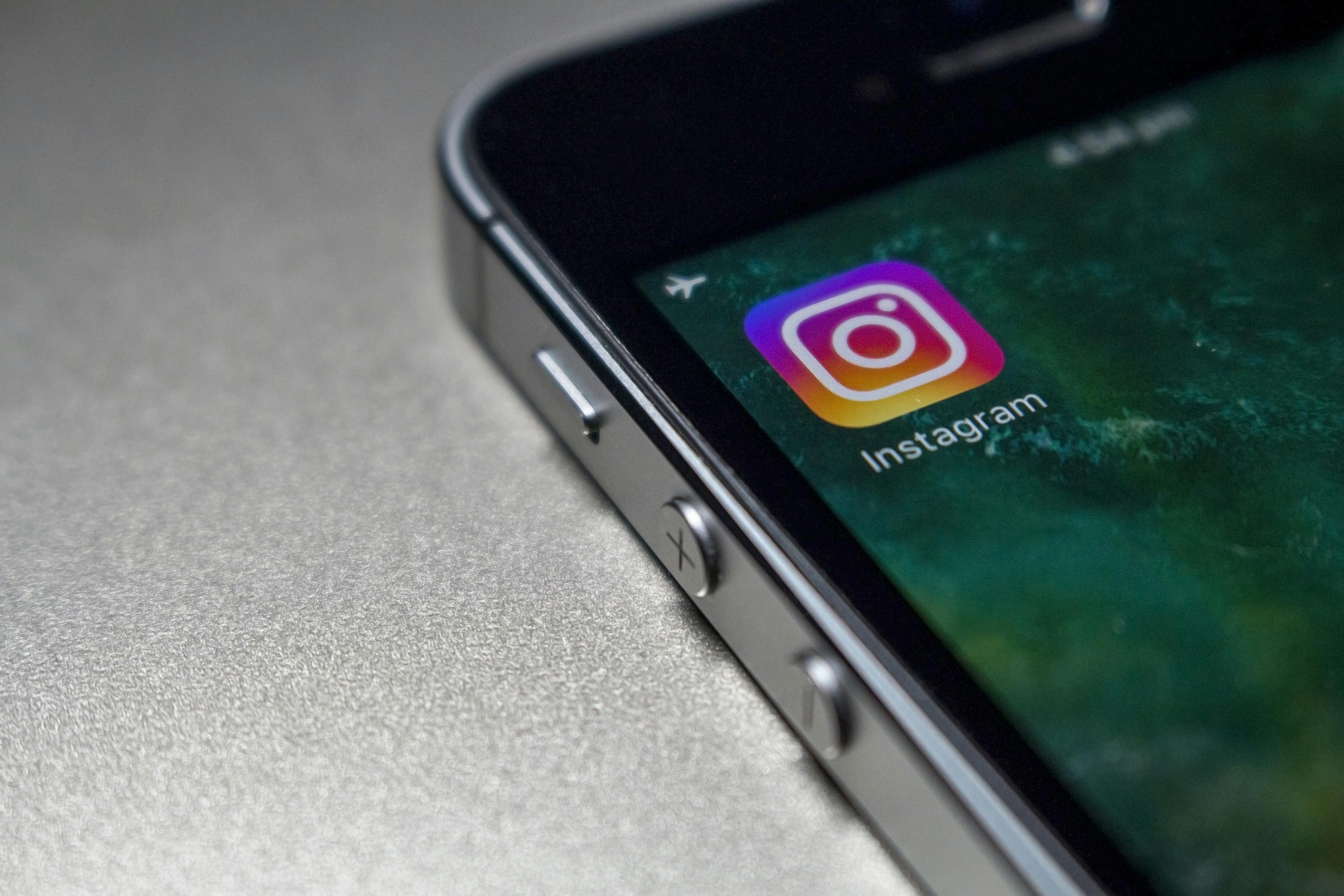Terms such as ‘brain rot’, ‘doom scrolling’, and ‘chronically online’ are thrown around every day to describe all of our social media addictions. But do we know what these terms mean? Do we know the consequences on our mental and physical health if we carry on ‘doom scrolling’?
The world around us is fast-paced and changing. We find comfort in the little individual worlds we create for ourselves inside of our phones. We enjoy seeing the version of ourselves that we have created on Instagram and the lives we follow on TikTok. But it is time to get off TikTok and rejoin the real world.

Image Credit: Fauxels from Pexels
Let us slide into your dms 🥰
Get notified of top trending articles like this one every week! (we won't spam you)A Deep Dive on Brain Rot
Phrases such as ‘brain rot’ and ‘doom scrolling’ are so normalized in how we communicate that they mask the serious meanings behind these words. According to the Newport Institute, ‘brain rot is a condition of mental fogginess, lethargy, reduced attention span, and cognitive decline that results from an overabundance of screen time.’ Simply put, do you ever get a headache from being dehydrated? Feel agitated from lack of sleep?
Or feel you cannot concentrate on your long essay after getting no rest? Brain rot provides all these similar symptoms even if we keep our water bottles closed and get 8 hours a night.
Doom scrolling is directly linked to brain rot as the main cause of brain rot. Doom scrolling can take two main forms. The Newport Institute describes doom scrolling as ‘searching for distressing information and negative news. Doom scrollers feel an overwhelming desire to be up to date on the latest information, even when it’s disturbing.' Doom scrolling can also look like picking up your phone to take a break from homework and then finding 2 hours have gone by.
With 24-hour news, preventing doom scrolling when you see something upsetting can be tough. It is in our DNA to want to know ‘why’ and take some control in a situation where we may feel helpless. When you see something that upsets you, it is important to put the phone down and talk to a trusted friend or family member about what is worrying you.

Image Credit: Fauxels from Pexels

Take the Quiz: What is your IQ level?
Find out how smart you are by taking this quiz!
Effects on Teenagers
Brain Rot is common in young people and is becoming more of an issue now that children are getting more online content at a young age. TikTok videos, Instagram Reels, Youtube Shorts, Snapchat Spotlights - all these 30-second videos will have impacts on our health in the future. Brainrot terms can impact the mental and physical health of teenagers. Terms such as ‘girl pretty’ ‘boy pretty’ ‘deer pretty’ and ‘frog pretty’ impact our self-esteem more than we know.
We start to question and compare our looks to the people we see online. We wonder if our hair is thick enough, our skin clear enough, our gym routine is hard enough, and our clothes expensive enough. Our lives soon revolve around the number of likes on our posts or the ratio of positive to negative comments online. We seek external validation from anonymous people and trends online instead of validating ourselves.
But what about the physical dangers? We all use social media and it is constantly painted to be the villain. Social media isn't the problem - it is how we use it.
The Mayo Clinic Press released an article on the effects of social media on the teenage brain. In one section, they described how in our mind we have ‘brakes’. These stop us from acting irrationally. However, in teenagers, our prefrontal cortex (where the brakes take place) is not fully developed. So we may not stop and think before we do something that could be dangerous or harmful to us.
The Tide Pod Challenge on TikTok or The Blackout Challenge causes our brain to fail to push the brakes when we see social media challenges that encourage us to put ourselves in danger for validation from others.

Image Credit: Pixabay from Pexels
How Can We End Our Addictions?
There are many different ways we can end our social media addictions and use our phones healthily. The first thing to remember is that we control our phones they do not control us. Our Instagram and TikTok algorithms are all based on what we choose to view. If we choose to follow positive self-growth influencers and self-love creators our feed will be flooded with content that helps us to develop and learn new things.
Another way we can disconnect from our phones is to create new hobbies and find new interests. Taking up cooking, for example, has many benefits. Cooking a meal from scratch not only gives you a great sense of achievement but is also a lovely way to bring family together at the end of the day. Other daily habits such as practicing mindfulness through meditation or reading help to grow our brain muscles and rewire them from the scrolling it is used to.
One healthy trend on social media was a digital detox trend such as Emma Chamberlin's video ‘24 Hours Without A Phone.’ Here, Youtubers put their phone in a box or a locked drawer and attempted to go without it for 24 hours. If you feel the need for a dramatic change, this may be a good place to start. Not only will you give your brain a dopamine detox but can also discover new and healthy ways to spend your time.
Social Media and the Internet can be a wonderful thing for us to connect with friends and learn new things. But we must use it responsibly and notice when we feel ourselves slipping into a doom-scrolling spiral.

Image Credit: Elevate from Pexels







.jpg)







.jpg)
.jpeg)